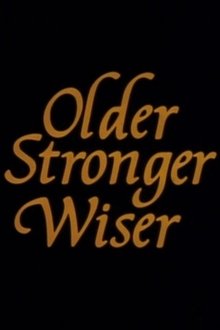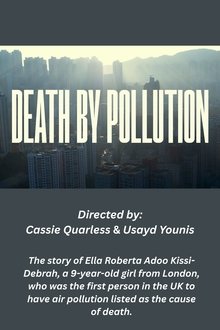Brazil is one of the most dangerous countries for environmentalists. The rural community of Belisário holds the country's second largest bauxite reserve, right below one of the most bio-diverse areas in the world: the Atlantic Forest. The small community was shaken when the beloved Gilberto, a Franciscan Friar, received a death threat followed by the lines: "you've been talking against mining way too much". PT: O Brasil é um dos países mais perigosos do mundo para defensores do meio ambiente. Em Minas Gerais, a comunidade rural de Belisário abriga a segunda maior reserva de bauxita do país, em uma das áreas de maior biodiversidade do mundo: a Mata Atlântica. A tranquilidade do pequeno vilarejo foi abalada quando Frei Gilberto, um franciscano que dedica sua vida à preservação da natureza, recebeu uma ameaça de morte com o seguinte aviso: "você tem falado demais contra a mineração".
Related Movies
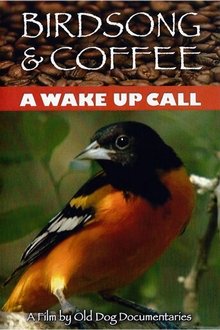
Birdsong and Coffee: A Wake-Up Call (2006)
Documentary exploring economic and environmental connections between farmers in Latin America, coffee drinkers in the U.S., and the fate of migratory songbirds throughout the Americas. Illustrates how coffee drinkers in this and other developed countries hold in their hands the fate of farm families, farming communities, and entire ecosystems in coffee-growing regions worldwide.

If Not Us; Then Who? (2024)
In the central Peruvian Amazon, a young indigenous man from the Nomatsigenga Community of Boca Kiatari, shares his urgent message with the world. In a moving short film, the community comes together to preserve their natural environment, aware of the growing challenges of climate change and global warming.

Koyaanisqatsi (1983)
Takes us to locations all around the US and shows us the heavy toll that modern technology is having on humans and the earth. The visual tone poem contains neither dialogue nor a vocalized narration: its tone is set by the juxtaposition of images and the exceptional music by Philip Glass.
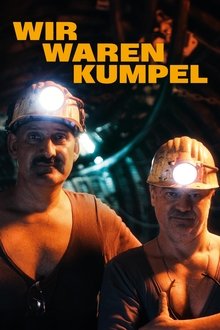
Once We Were Pitmen (2024)
Black dust, shrill metallic noises, dark tunnels, muscular bodies – all that is the past. At the end of 2018, extraction of coal throughout Germany came to an end. That same year, the voices of the emerging climate protest movement Fridays for Future grew louder. Against the backdrop of these media and socio-political events, the film follows five miners on their tragic, humorous and heartwarming search for a new role in life.
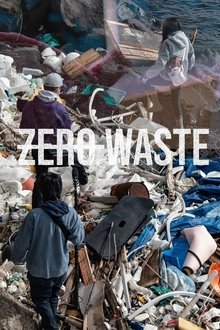
Zero Waste (2023)
As the world continues to come face to face with the consequences of decades of environmental degradation, Danny Kim’s documentary Zero Waste explores the ways that five individuals in South Korea have taken it upon themselves to create solutions to the country’s plastic waste problems, which has been exasperated by the global pandemic, and whether their efforts can be enough to make up for decades of neglect. Both sobering and uplifting, Zero Waste paints a portrait of both the magnitude of the problem, and the perseverance of those people willing to address them.
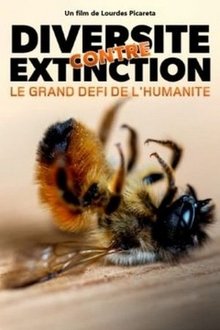
Vielfalt statt Artensterben: Die Menschheit am Scheideweg (2022)
The loss of biodiversity is highly alarming: our planet is currently experiencing the greatest extinction since the age of the dinosaurs. This film documents the extinction of species currently happening around the world. But it also highlights hopeful initiatives as committed men and women on every continent fight to save endangered species and work towards improving biodiversity.
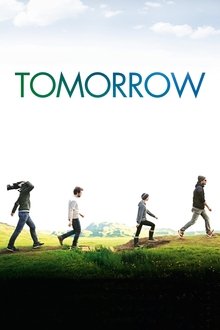
Tomorrow (2015)
Climate is changing. Instead of showing all the worst that can happen, this documentary focuses on the people suggesting solutions and their actions.

Aimé Césaire: A Voice for History (1995)
A three-part study that introduces audiences to the celebrated Martinican author Aimé Césaire, who coined the term "négritude" and launched the movement called the "Great Black Cry".

An Inconvenient Truth (2006)
A documentary on Al Gore's campaign to make the issue of global warming a recognized problem worldwide.
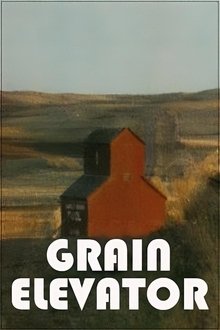
Grain Elevator (1981)
This documentary short is a visual portrait of “Prairie Sentinels,” the vertical grain elevators that once dotted the Canadian Prairies. Surveying an old diesel elevator’s day-to-day operations, this film is a simple, honest vignette on the distinctive wooden structures that would eventually become a symbol of the Prairie provinces.
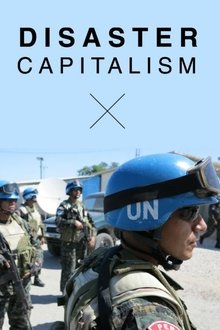
Disaster Capitalism (2018)
A documentary that reveals the underbelly of the global aid and investment industry. It's a complex web of interests that span the earth from powerful nations and multinational corporations to tribal and village leaders. This documentary offers unique insights into a multi-billion dollar world by investigating how aid dollars are spent.
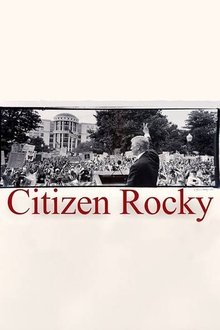
Third Party President: Citizen Rocky (2018)
This feature length high definition documentary follows one of the Nation's most controversial yet progressive leaders, 2012 Presidential candidate and Former two-term Salt Lake City Mayor Rocky Anderson.
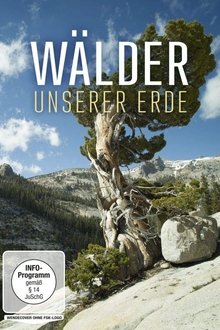
Wälder unserer Erde (2018)
The forest is like an organism, ancient and full of mechanisms. Its plants need water and are temperature-dependent. Nevertheless, it survives in a wide variety of locations around the world. How does it manage to adapt to even the most adverse conditions?
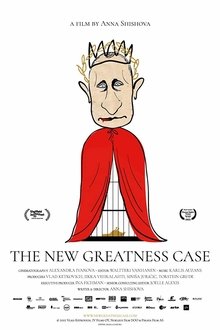
The New Greatness Case (2022)
Anya was an ordinary Moscow teenager who found a chat group of her choice online. They talked about animals, the stars and social issues. A man called Ruslan D joined the group, who set up an office space for the online group to meet. Step by step, he began to lead young people who were critical of the Putin's regime towards political activism. Ruslan D placed a camera in the meeting room, and when he had enough footage, he handed it over to the prosecutor. The police raided the teenagers' homes and they were arrested on charges of planning to overthrow the government and terrorism. Three years of legal proceedings transformed Anya's mother from a loyal follower of Putin to a hunger-striking activist. Moscow-based director Anna Shishova followed Anya and her mother's life throughout the event and eventually revealed the true identity of Ruslan D.

The Seeds of Vandana Shiva (2021)
How did the willful daughter of a Himalayan forest conservator become Monsanto’s worst nightmare? The Seeds of Vandana Shiva tells the remarkable life story of Gandhian eco-activist Dr. Vandana Shiva, how she stood up to the corporate Goliaths of industrial agriculture, rose to prominence in the regenerative food movement, and inspired an international crusade for change.

The Cheese & The Worms (2006)
A documentary that records the daily life of a mother with a limited life expectancy and a grandmother, directed by the daughter, Haruyo Kato.
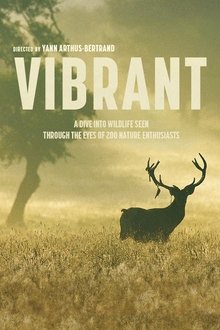
Vibrant (2023)
From infinitely small to super-predator, from the earthworm to the whale, from the blade of grass to the giant tree, Vibrant takes you on a journey to discover the biodiversity one country can host. Through the breathtaking natural environments of France, it is an exploration of the pyramid of life. It is also, and above all, an opportunity to marvel at these species capable of a thousand feats, subtly connected to each other and of which the human being is an integral part. A link that we have too often forgotten and that it is time to reweave.
